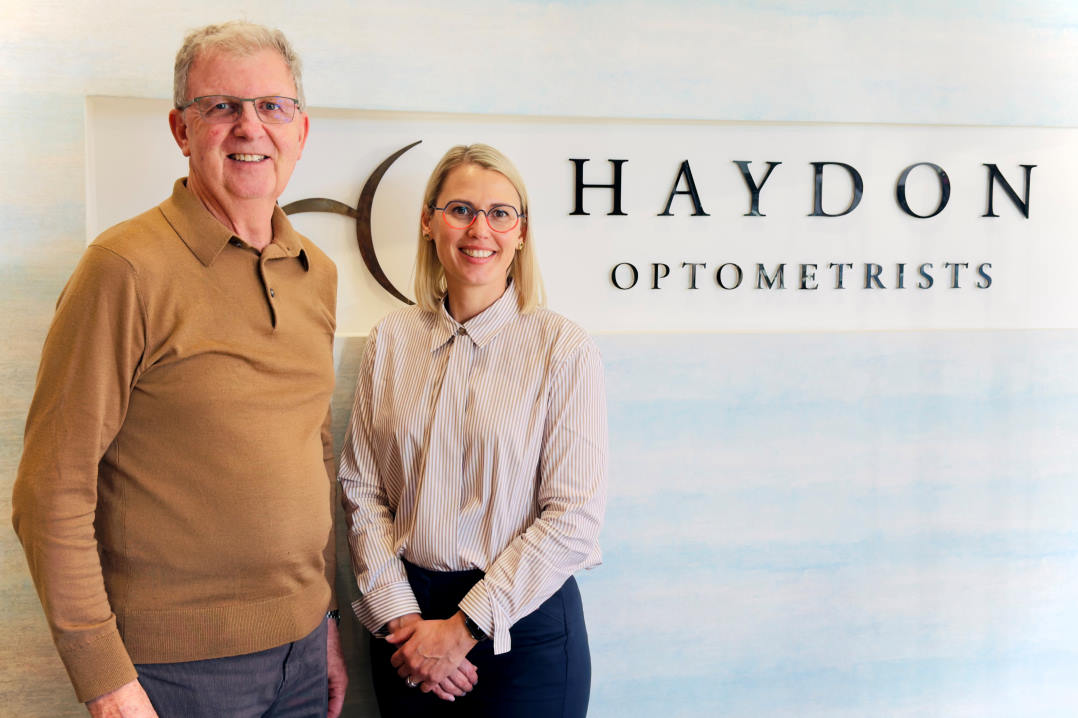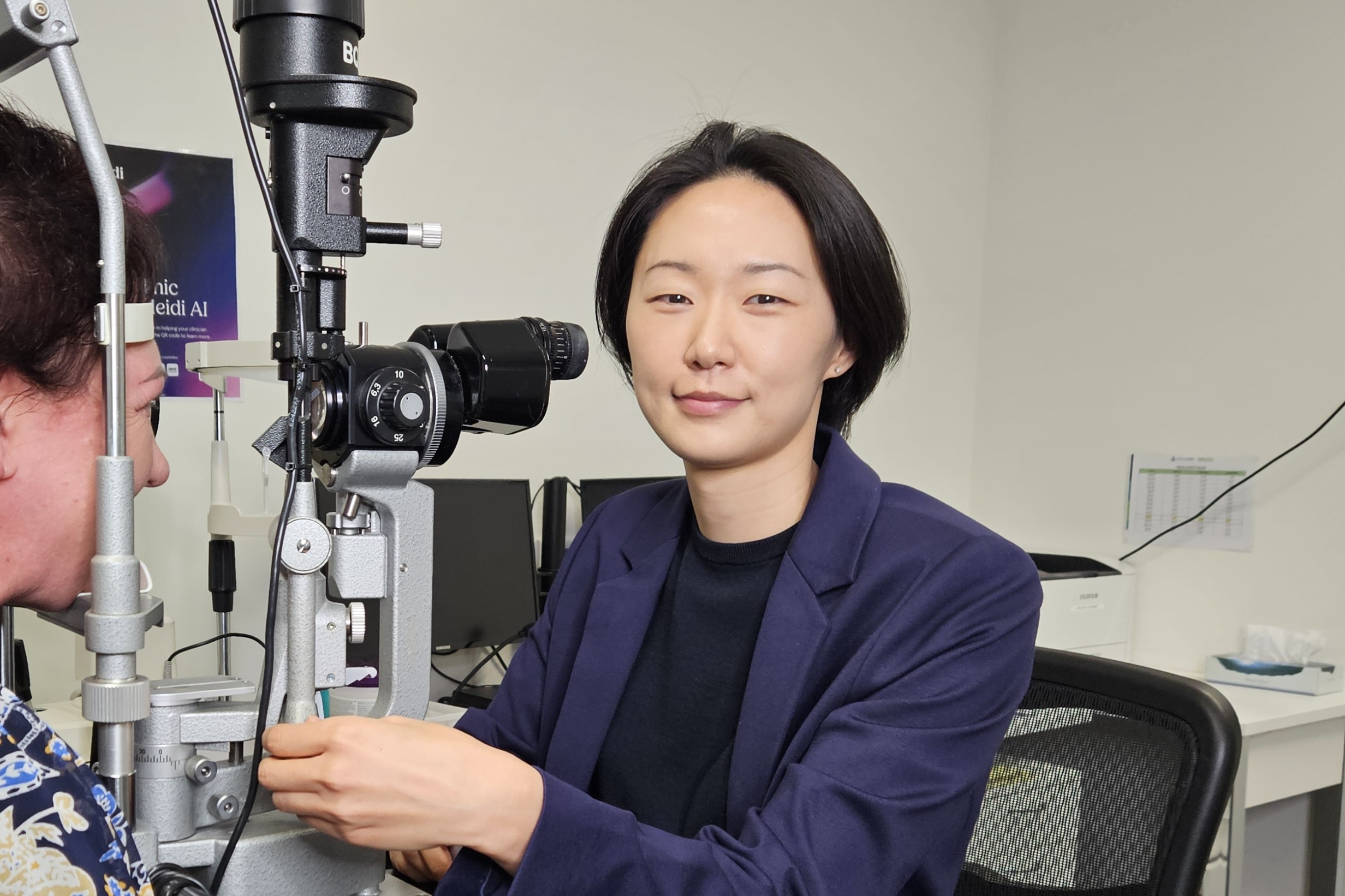Retina scans and AI detect heart disease
Scientists from Google and its health-tech subsidiary Verily are assessing a person’s risk of heart disease using machine learning and retina scans.
Using deep learning algorithms, trained on retina data from 284,335 patients, combined with knowledge about the patient’s age, blood pressure and smoking habits, Google’s software successfully predicted 70% of future cardiovascular events, such as a heart attack or stroke, that would occur within five years of the retinal exam.
Interestingly, the researchers who developed the software admitted they don’t know quite how it works, as the AI software learned what to look for on its own. To better understand what the software found, and to appease sceptical doctors, the research team also analysed the system’s functionality and noted that it paid a lot of attention to the retina’s blood vessels when evaluating a patient’s blood pressure.
The researchers, however, said they will need larger datasets, containing a lot more cardiovascular events before they would have full confidence in the clinical value of the software.
























